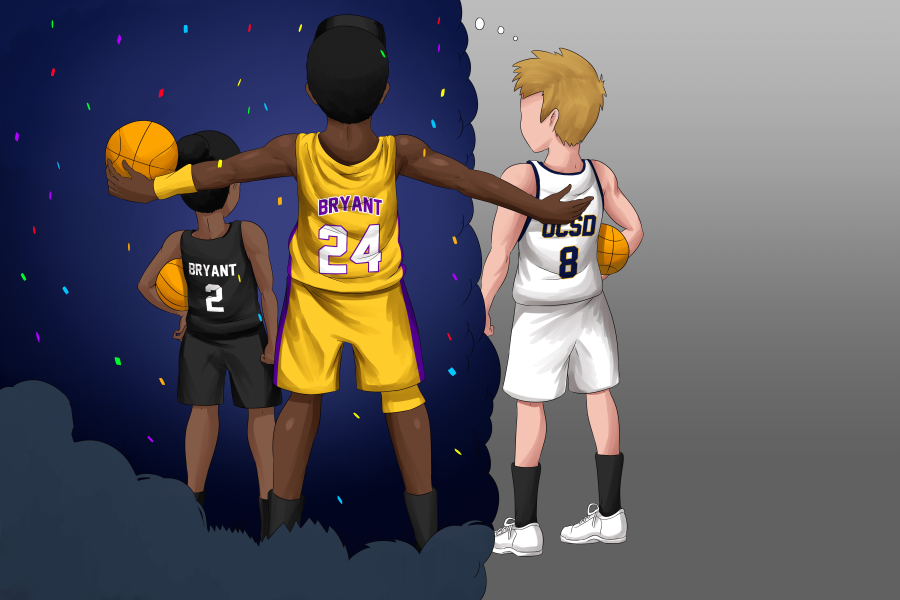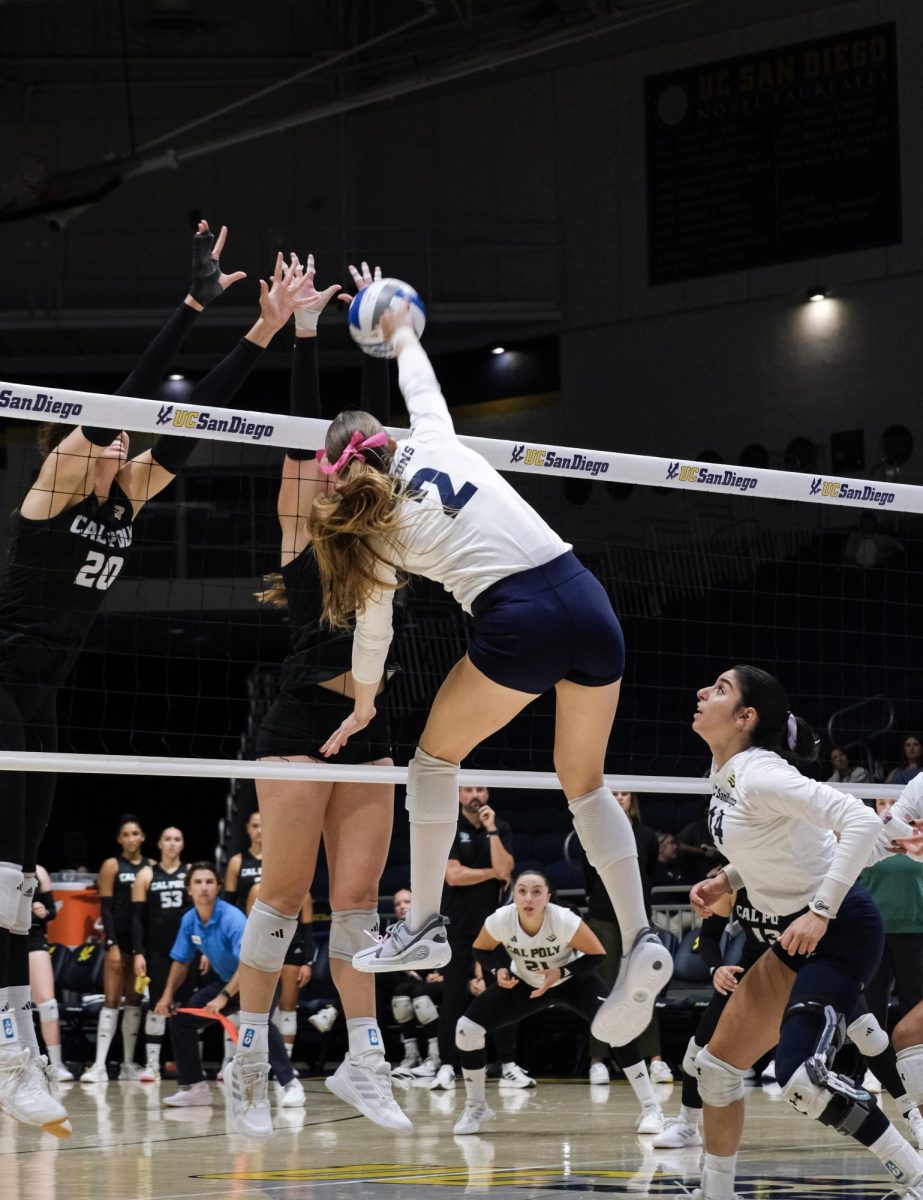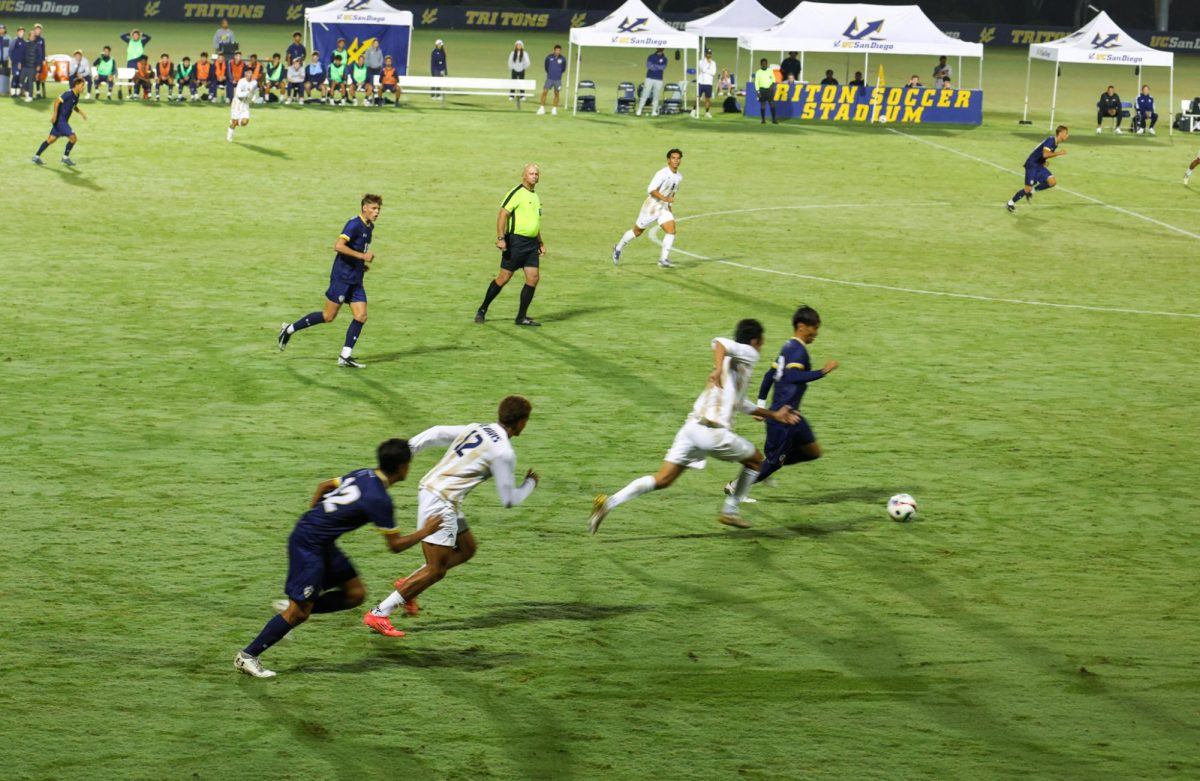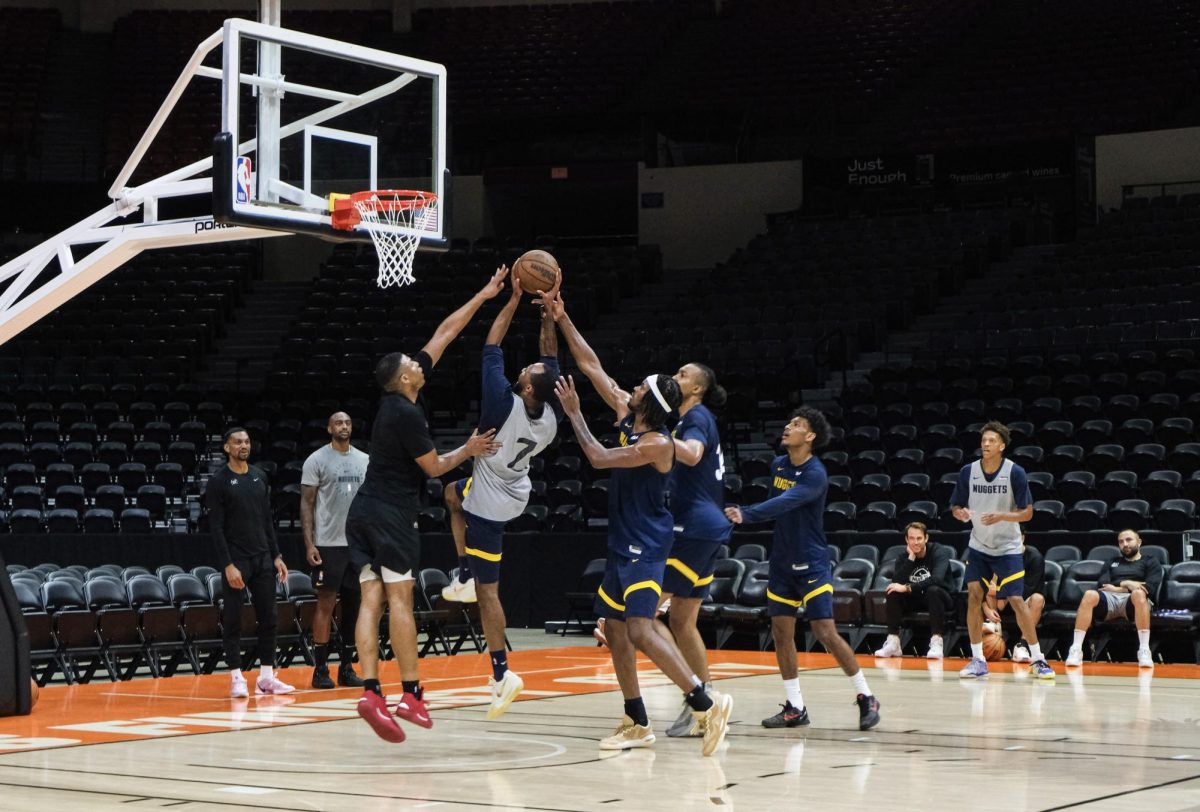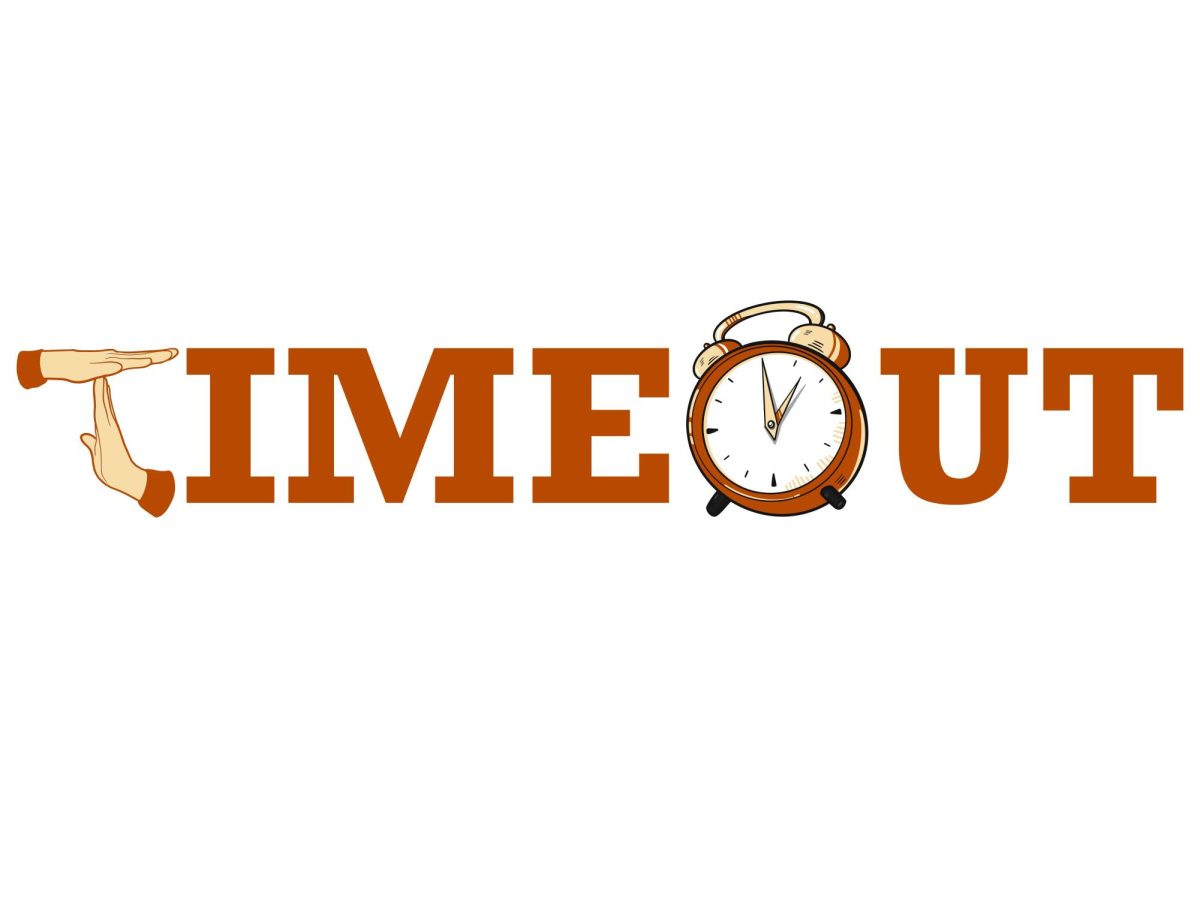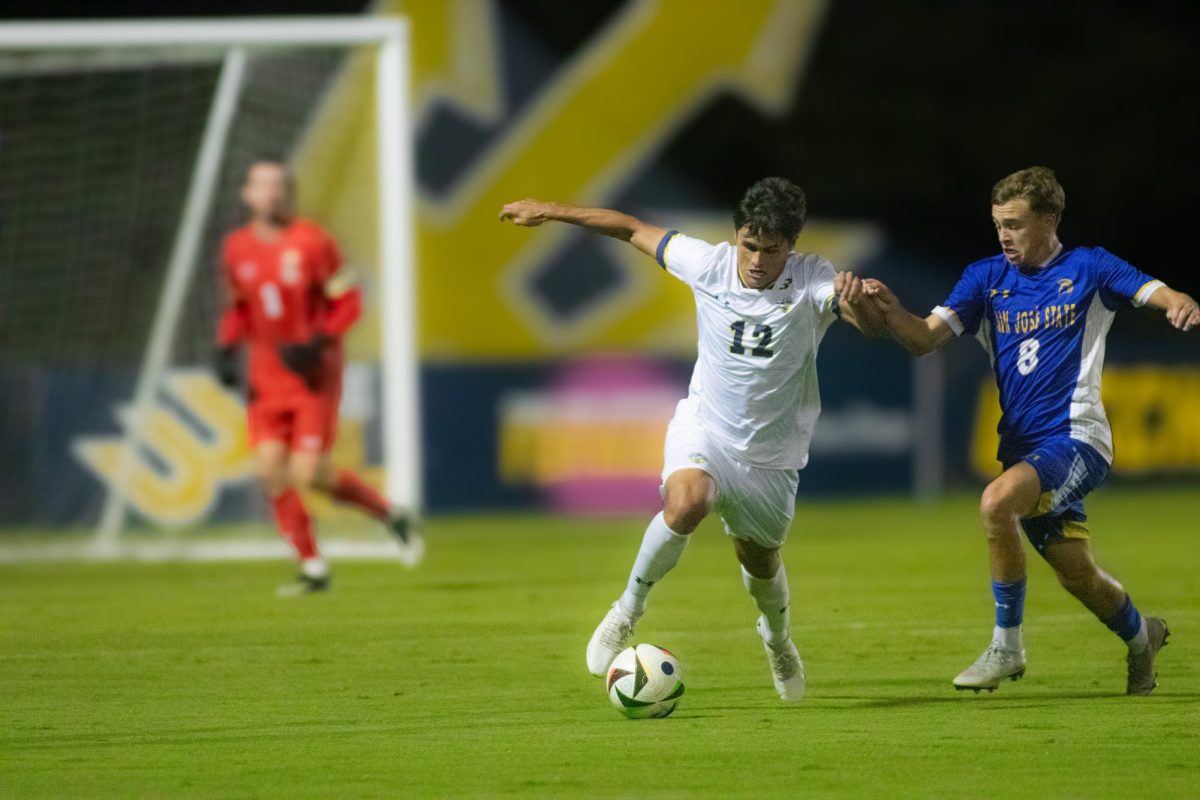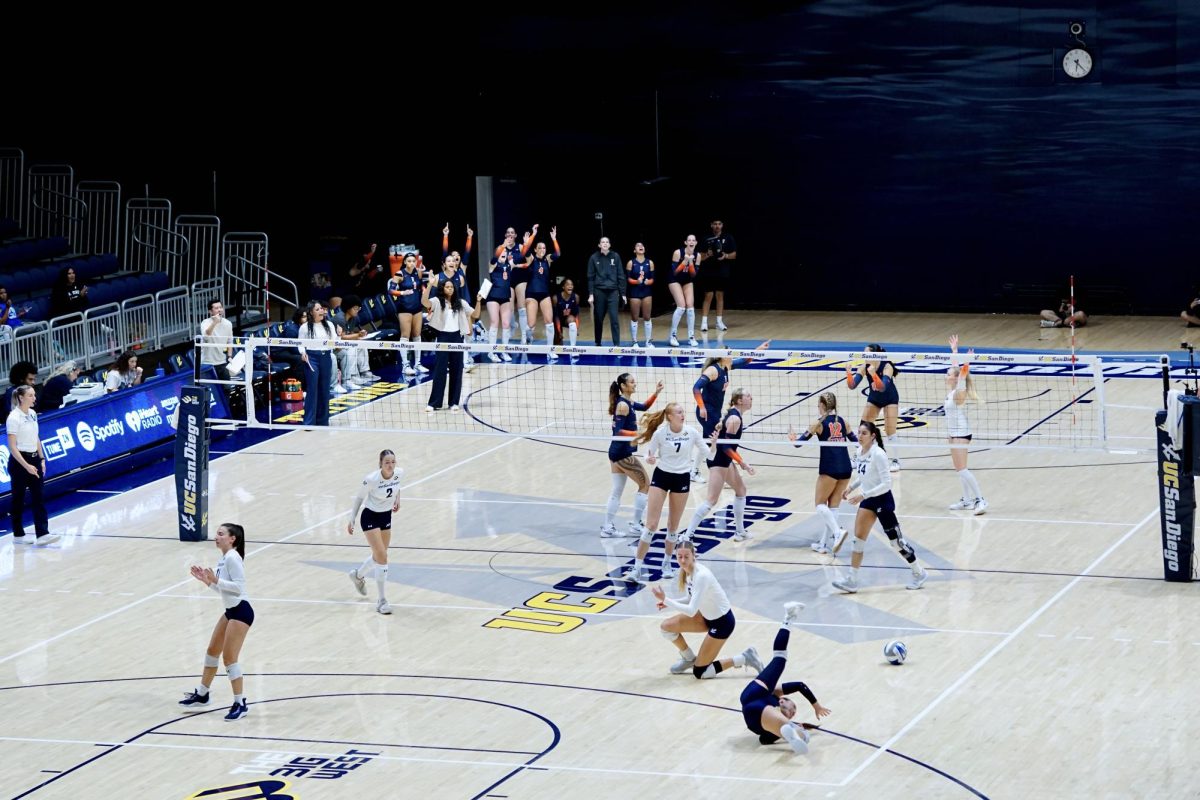Artwork by Alex Liang
It’s been one week since the helicopter crash that took the lives of nine, including basketball legend Kobe Bryant and his daughter Gianna Bryant, a rising star and inspiration in her own right.
In the immediate aftermath, waves of denial and shock crashed through the lives of the entire sports world. The emotions of millions manifested in the swarms of Los Angeles residents heading to the Staples Center to begin to grieve collectively amongst the hordes of jersey-clad fans and to the Mamba Sports Academy in Thousand Oaks, Kobe’s final intended destination.
Over the last week since the crash, many fans, myself included, took comfort in reflecting on our time on Earth with Kobe and how great of an impact he had, not only with his feats on the court but even more broadly with how we live our lives. To dig more deeply into how he affected the lives of sports fans and athletes, and especially those from my generation, I interviewed members of the men’s and women’s UC San Diego basketball teams. In this article, I’ll relate their feelings on Kobe and GiGi and how their unique position as college basketball players may have skewed their experience over the last week.
The tragedy goes beyond sports in so many ways, even though Kobe and his daughter were two basketball icons that inspired hoopers across generations. Players definitely seemed cognizant of their mortality and how important basketball is in their lives when reflecting on the loss.
“He was this legend and he seemed so untouchable, and that this tragic thing could happen to him puts things in perspective,” said sophomore guard Brianna Claros. “They were just going to practice, going through their everyday routine, which shows how it could really happen to anyone.”
For players on both teams, an emphasis on shared experience and feelings when coming together as a team has helped with the coping process, which was distinct from what they’d been able to get out of coming together with millions of others on social media.
“It’s different for a basketball team, especially for our team and age group. We kind of all felt that same sort of devastation,” said redshirt freshman guard and LA native, Justin Pratt.. “It was tough for us as a team but at the same time being together we kind of all had the same feelings so that made it easier for us to share our feelings about it.”
“It definitely helps knowing that you’re not the only one going through the situation,” said redshirt junior Mikey Howell. “Just having that support system that you can always go to and knowing that you’re not alone helps.”
But just because these student-athletes have a unique support system doesn’t mean that they were able to just go out and perform, business as usual, after Kobe’s passing. Players felt the importance of honoring Bryant’s memory through basketball, but also the weight of playing without their icon.
“The first practice coming back [after his loss] was tough,” said redshirt senior forward Christian Oshita. “My mind wasn’t in the game. Being a kid from LA, he meant so much to me growing up. Tonight, I just wanted to come out and compete.”
As young players growing their game during Kobe’s reign in the NBA, many players tried to work on their game to emulate Bryant. Some of their clearest basketball memories involve Kobe’s play during the 2010 NBA Finals or his scoring output during his last game. But for all of the talk of trying to utilize one of his mid-post moves or fadeaways, every player I talked to mentioned something else about his game as well.
“I’ve tried emulating his game a little bit but it’s more just his mindset,” said Oshita. “He’s always [been] on my mind even before he passed, especially how he attacks his workouts and his whole process to keep getting better.”
Many other Tritons echoed how they try to live up to his work ethic, and the women’s basketball team is taking things a step further by trying to use Kobe’s example to make themselves better.
“Kobe never wanted to settle with where he was at; everything he did was game-like,” said junior guard Tyla Turner, who is also from LA. “We are trying to transfer that as a team and as individuals. I’ve been personally trying to work more towards not being complacent with where I’m at.”
That desire to model their mentality after Kobe’s leached into which moments players remembered as those which defined his legacy. For Oshita, who spent much of last season out with injury, Kobe’s resiliency helped him fight to get back onto the court. Turner’s most memorable Kobe moment also used the Black Mamba’s example as a marking post for how to deal with pain.
“He had tore his Achillies and he kept playing. That’s a serious ligament,” remembered Turner. “I was inspired by that and [from then on] I thought ‘My injuries aren’t that serious either. Everything is fine.’
For all of the memories of his game-winners and championship rings, in the years after his retirement, Kobe’s role in promoting women’s basketball through his widely-publicized relationship with GiGi became his new legacy.
“Not only was he a great basketball player, but he also had a huge impact off the court especially for women’s basketball and [their] representation,” said Claros. “People would always ask him if he wanted a son to carry on his legacy, and he always told people he had GiGi to carry on his legacy.”
While Kobe’s loss may never leave the minds of these players and others deeply affected by him, the UCSD basketball players will continue to work to live up to his standards in their own play and to push his values to the forefront of what they do for the rest of their lives.


